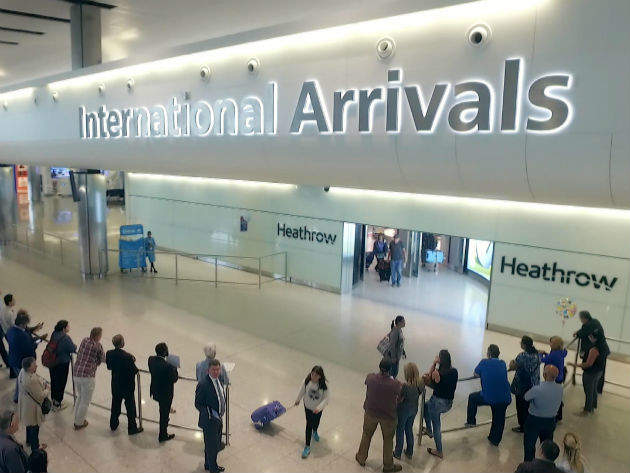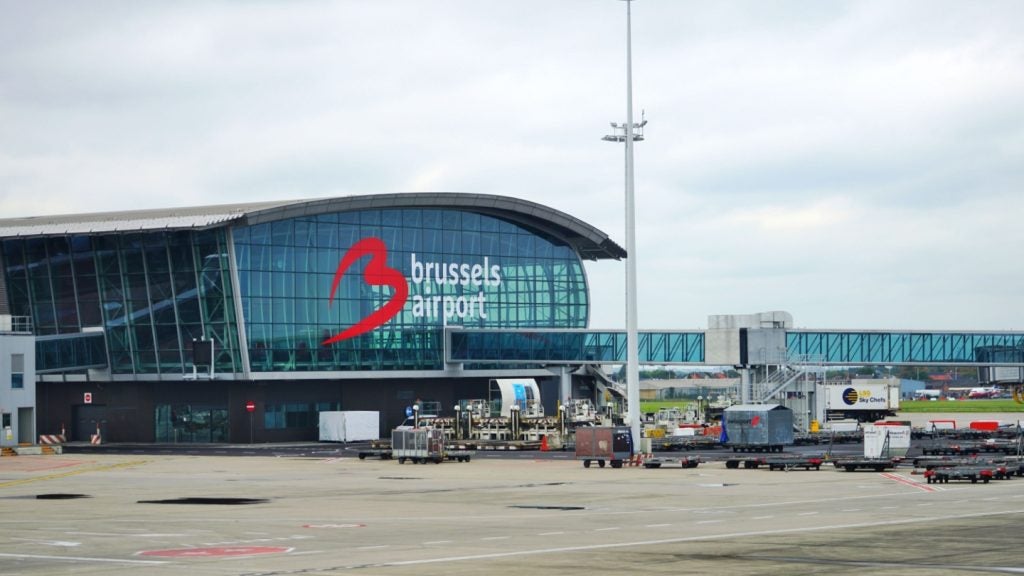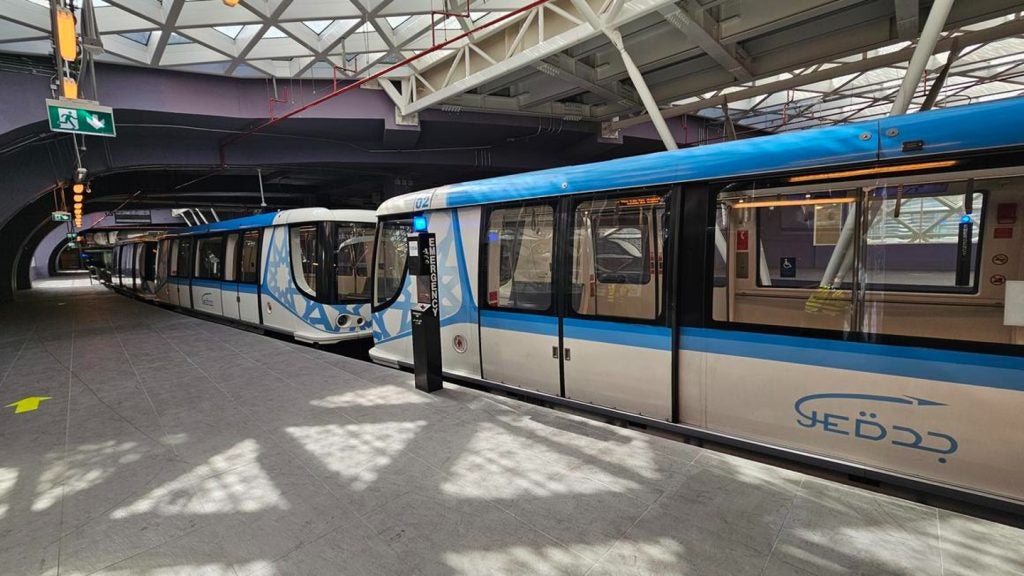

Since 2007, the Airport Service Quality (ASQ) Awards, organised by Airports Council International (ACI), have surveyed millions of passengers to highlight those airports that can be classed as the world’s best.
“The beauty of the ASQ awards is that the only judging criterion is the measurement of passenger satisfaction,” says ASQ head Dimitri Coll. “Specifically, the ASQ Awards are based on overall satisfaction, which is asked at the end of the questionnaire.”
Coll and his team send out 600,000 individual surveys in 41 languages in 84 countries, measuring a number of different parameters to generate a comprehensive picture of what passengers really think on their day of travel – not weeks or months after the fact. Each airport uses an identical questionnaire, meaning they can compare themselves to their competitors.
The airports recognised in the most recent results will formally receive their awards at a ceremony at the 27th ACI Africa/World Annual General Assembly, to be held in Port Louis, Mauritius, in October.
The programme is separated into categories, such as best airport by size or region, best for under two million passengers per year, and most improved, among others.
How well do you really know your competitors?
Access the most comprehensive Company Profiles on the market, powered by GlobalData. Save hours of research. Gain competitive edge.

Thank you!
Your download email will arrive shortly
Not ready to buy yet? Download a free sample
We are confident about the unique quality of our Company Profiles. However, we want you to make the most beneficial decision for your business, so we offer a free sample that you can download by submitting the below form
By GlobalDataIncheon leads heavyweights; Krakow is Europe’s most improved
Incheon International Airport is in the midst of an expansion plan to increase capacity, but South Korea’s largest airport already has an enviable position among its competitors. For the third year in a row, it clinched top spot in the world’s best airport by size of over 40 million passengers, seeing off the challenge of Singapore Changi, India’s Delhi-Indira Gandhi and Mumbai-Chhatrapati Shivaji airports, which were all tied for second place.
London Heathrow won best airport in Europe handling over 40 million, with Dallas Forth/Worth winning the equivalent battle in the North America region.
Just below those, in the number stakes at least, is Taipei’s Taoyuan International Airport, which is, says ASQ, the winner for 25-40 million passengers. Haikou Meilan also gets recognition, as the best in size for 15-25 million.
However, it’s not all about size. For while the Incheons and Heathrows of this world garner much of the attention, considerably smaller airports also pack their own punch. Sochi International, for example, has scooped the best airport in Europe for 2-5 million passengers, as well as Europe’s top spot for ‘best airport by region’.
Over in the Dominican Republic, Puerto Plata Airport is considered Latin America-Caribbean’s finest for fewer than 2 million passengers per year, as is Saskatoon for North America.
As for the most improved, it is Krakow for Europe, Bram Fischer International, in Bloemfontein, for Africa (which is also the best in the region for fewer than 2 million passengers) and Sultan Hasanuddin International Airport in Makassar for Asia-Pacific. Columbus Airport is most improved in North America.
Of course, many other airports also make an appearance in the categories. Here Dimitri Coll explains the format behind the awards.
Gary Peters: When and why were the ASQ awards formed?
Dimitri Coll: The awards began in 2007, after the initial ASQ programme was created in 2006. They were formed to provide accolades and highlight special recognition to airports that provide the best customer service in the world.
GP: Can you give me a brief outline of your judging criteria and how you decide on award winners?
DC: The ASQ Awards are based on overall satisfaction, which is asked at the end of the ASQ questionnaire. In my opinion, it is the most objective way of giving a prize for excellence in customer experience.
It should be mentioned that ASQ is the only global benchmarking programme measuring passenger satisfaction in real time, while the passenger is travelling through an airport and their experiences are fresh. Passengers are taken from a randomly selected sample, and thus representative of the airport’s typical passenger population.
GP: What performance indicators do you measure?
DC: [We] cover the entire journey, with 55 questions. We have 30 key indicators for the departure experience that includes: access, including parking, ground transportation, etc. check-in, passport ID, security, wayfinding, facilities, ambience, courtesy and helpfulness of staff.
It also includes three questions about arrival and, of course, one question about the overall experience. Later this year we are launching the ASQ Arrival Survey, [which will focus] exclusively on the arrivals experience.
GP: In terms of the award categories, how do you decide what to include? And, could the number of categories expand in the coming years – perhaps one that measures the best airport for digital innovation?
DC: We have categories by regions, sizes, [and so on], because it is important to compare similar airports.
We want to innovate, but our challenge is not to dilute the prestige of the award. This said, we want to provide recognition to the airports of the future and encourage them to improve themselves, while keeping passengers at the heart of their actions. So, of course, the structure of awards will evolve in the future but we need to stay relevant for airports.
GP: Are awards such as yours becoming more important as passenger numbers increase, and therefore capacity becomes more of an issue?
DC: It is the latter that is becoming more and more vital to ensuring competitive advantage.
Of course the size and other variables increase the complexity, for example, the breakdown of domestic vs. international traffic, the number of connecting passengers, and the profile of each passenger. Last year, we developed and published research on passenger profiles titled Passenger Personas. We have created a set of six passenger personas which we strongly believe can aid airports in designing a much better passenger experience.
If each airport is unique, each passenger is too. It is not enough to simply ‘know’ the passenger. You have to understand them in order to work on what is important for them.
GP: How do your awards differ from others in the industry?
DC: The ASQ Awards are the only accolades based on a benchmarking programme, measuring passenger satisfaction in real time while the passenger is travelling through your airport. Customer experience is based on emotion, so it is really important to measure that when they are living and feeling these emotions. Even two days later, it can be too late to adequately gauge this.





